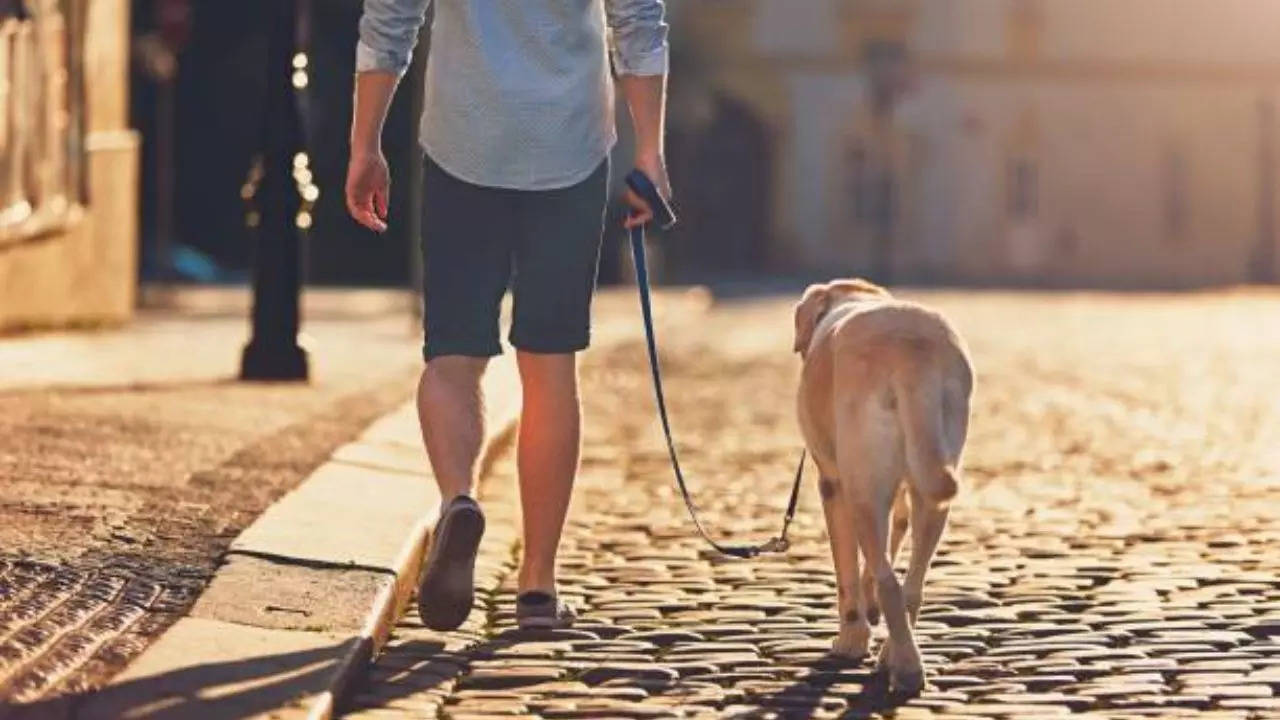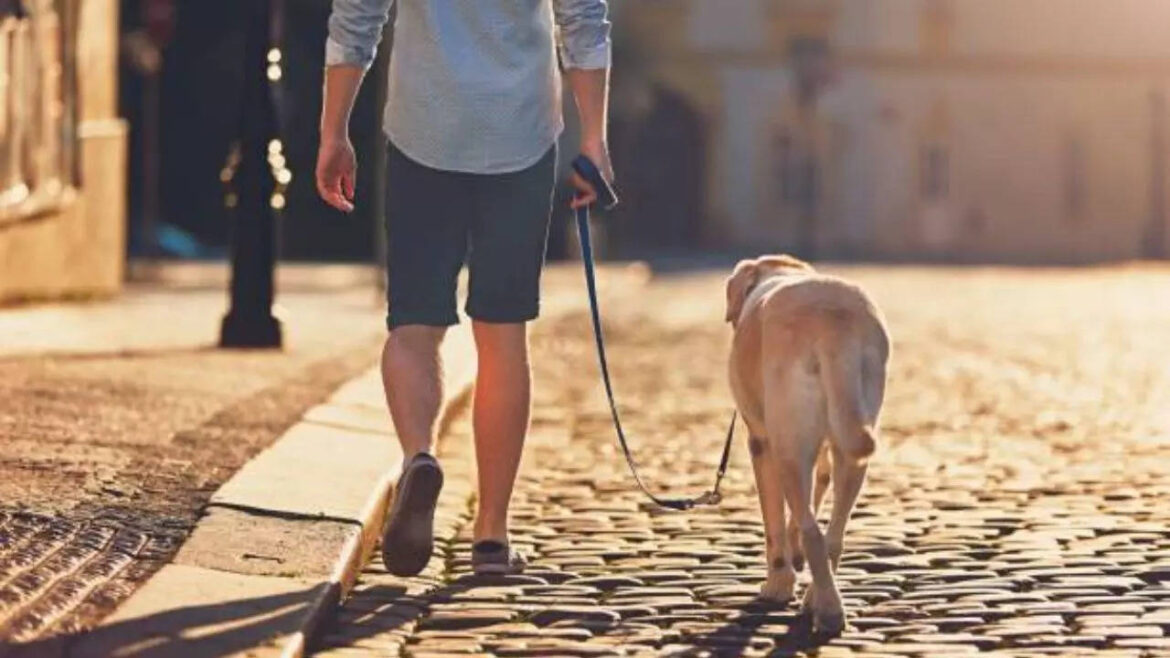Table of Contents

In the last 20 years, injuries related to dog walking have been on the rise among adults and children in the US, a new study has revealed. According to the research, fractures, sprains, and head trauma are among the most common.
Research from John Hopkins University says that from 2001 to 2020, the number of adults visiting emergency departments in hospitals for dog-walking injuries has increased significantly, from 7,300 to 32,300 a year. The data says most of those injured were women and adults were between ages 40 and 64 years, amounting to 47 per cent injuries. “We know that a significant number of people might seek treatment at primary care, specialty or urgent care clinics for their injuries,” lead researcher Ridge Maxson told the Associated Press.
According to statistics, more than half of US households have at least one dog with the pandemic contributing to a number of people getting pet companions to counter loneliness.
Related News | 
‘It Was Like A Torpedo’: 84-Year-Old US Woman Attacked By 7-Foot Alligator While Walking Her Dog

Leopard Attack In Pune Caught On CCTV, Pet Dog Falls Prey To The Big Cat
Ways to protect yourself from injuries
Experts say it is important to be extra vigilant when taking your pet for a walk—most of the injuries are related to pet owners becoming complacent and off balance, struggling to keep their footing.
A few extra precautions you can follow, include:
Related News | 
Apple's New AirPods Pro 2 Have Built-in Hearing Aids; Know How It Could Help Those With Mild-to-Moderate Hearing Loss
Never wrap the leash around your wrist, or fingers
While wrapping the leash around your wrists or fingers can help you tighten the grip, doctors say it can have an adverse effect. If your dog pulls and takes off with a sudden speed, you may not be able to unwrap it and can fall, suffering a fracture, or a twist.
So, it is better to hold the leash in the palm of your hand, like a golf club or baseball bat, to have better control over your pet. It is also easier to tighten or loosen the grip immediately if you feel the dog starts to pull away.
Always keep your dog on a short leash
Experts say if the leash is longer, it can cause more trouble if your dog tries to run off as it can build a lot of energy by then. And so, you can fall or get dragged, suffering severe bruises or fractures. Also, it is easier to trip on or get tangled up in a longer leash.
Give your dog a little leeway when you stop to let him sniff around or do their business. However, keeping the leash shorter while walking can help you have more control over the situation.
Always wear appropriate shoes
Make sure to be in the right footwear when walking your dog. The animal can be unpredictable, and you may lose ground traction due to pulling, or uneven floor. Wear shoes that offer stability and will not trip you up. Never wear flip-flops, sandals, slippers, clogs, high heels, and other potentially precarious shoes.

